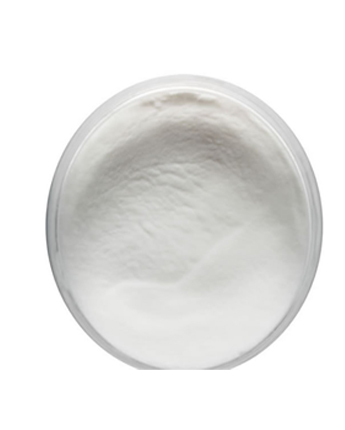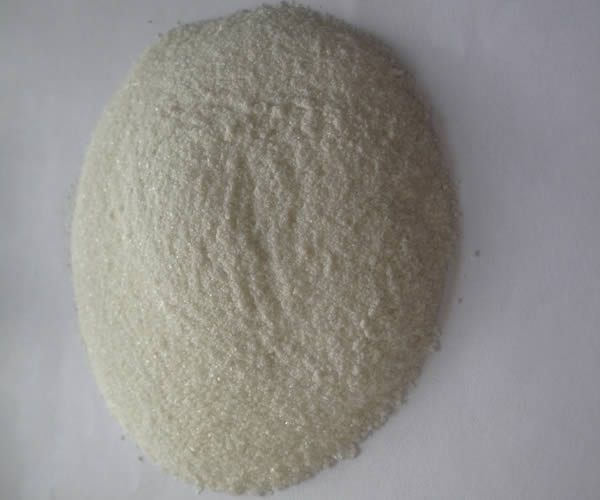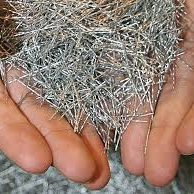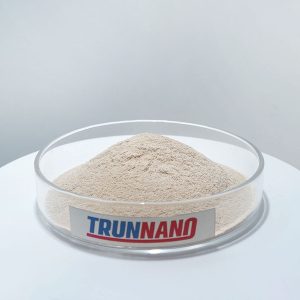Professional solutions on concrete addtives, Concrete Foaming Agent, Superplasticizer, CLC Blocks Additives, and foaming machine
(Advantages of Water-Based Release Agents)
What Water-based Concrete Release Agent
Release agents play an essential role in the manufacturing process by preventing adhesion between two surfaces. When choosing a release agent, there are two main options: water-based and traditional solvent-based. Each has unique properties and benefits that make it ideal for specific applications. AquaCon is water-based and eco-friendly – it contains no VOCs, carcinogens, or oils harmful to the environment. AquaCon does not stain concrete or affect color surface detail or finishing. The use of AquaCon minimizes bug holes and air bubbles. It contains no oils that will cause rubber molds to soften, shrink, or swell. AquaCon does not build up, so it helps to keep molds clean and extend the useful life of the mold. When applied in a thin film (.0005 in / .013 mm), one undiluted gallon covers 3,200 square feet (297 square meters). AquaCon is applied via brush, roller, or non-aerosol spray. Furthermore, by understanding how to use mold release agents effectively, you can ensure that your manufacturing processes run smoothly and your products meet your desired standards. We hope this blog has provided the information you need to decide on the best release agent for your needs.
The Difference Between Solvent-based And Water-based Mold Release Agent
Water-based release agents generally have a lower environmental impact than traditional solvent-based agents. They are non-flammable and emit fewer fumes, making them safer and more environmentally friendly. Water-based release agents can be more expensive than conventional solvent-based agents. However, technological advances and increasing demand for environmentally friendly products are helping to drive down the cost of water-based release agents, making them a more cost-competitive option. Choosing the right release agent can be the key to success in many manufacturing processes. Whether you opt for water-based or traditional solvent-based release agents, understanding the properties and benefits of each can help you make an informed decision. Using mold release agents is a critical step in the manufacturing process to ensure that the mold and the molded product do not adhere to each other. The method of using mold release agents typically involves applying the agent to the surface of the mold before pouring the molding material. It’s essential to choose the right type of release agent based on the material being molded, the mold surface, and other specific requirements. Additionally, the proper application method and application frequency should also be considered to ensure optimal results. With appropriate use, mold release agents can significantly improve the efficiency and quality of the molding process.
Advantages of Water-Based Release Agents
Water-based release agents are mold release agents that use water as the primary solvent instead of traditional solvents like mineral oil. These release agents typically have a lower viscosity, making them easy to spray and distribute evenly. They are also non-flammable and odor less than traditional solvent-based mold release agents. One of the main benefits of water-based release agents is their lower environmental impact compared to conventional solvent-based release agents. These agents are also less likely to cause skin irritation and are generally considered safer. Additionally, water-based release agents often offer better corrosion resistance and can help improve the surface finish of the molded part. Traditional solvent-based release agents are mold release agents that use mineral oil or other solvents as the main component. These agents have been used for decades and have a proven track record of effectiveness in releasing molded parts. Solvent-based mold release agents tend to have a higher viscosity and may require special equipment to apply. Water-based release agents are less effective in releasing molded parts than traditional solvent-based agents. However, advances in water-based technology have improved their performance in recent years, making them a viable option for some applications.
Price of Water-based Concrete Release Agent
Water-based Concrete Release Agent particle size and purity will affect the product's Price, and the purchase volume can also affect the cost of Water-based Concrete Release Agent. A large amount of large amount will be lower. The Price of Water-based Concrete Release Agent is on our company's official website.
Water-based Concrete Release Agent supplier
If you are looking for high-quality Water-based Concrete Release Agent, please feel free to contact us and send an inquiry. (sales@cabr-concrete.com). We accept payment via Credit Card, T/T, West Union, and Paypal. TRUNNANO will ship the goods to customers overseas through FedEx, DHL, by air, or by sea.
(Advantages of Water-Based Release Agents)








